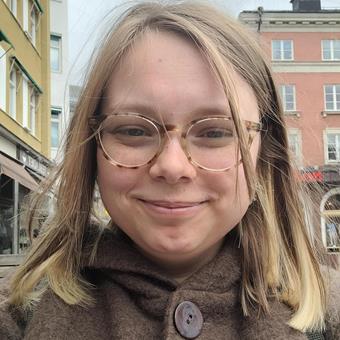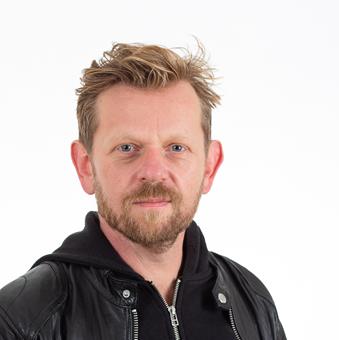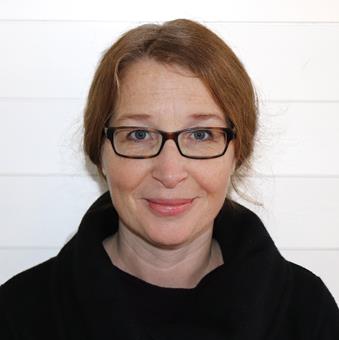Phenomenology as a framework
“Phenomenology”, at its broadest, is the name of a philosophical orientation that considers the first person-perspective a necessary starting point for meta-theoretical investigations of various kinds. Although it is sometimes claimed that the whole point of the scientific method in the natural or life sciences is the systematic exclusion of everything subjective, phenomenologists hold that any attempt to understand scientific cognition without paying attention to the subject who does the science will always be incomplete. Further, while the qualitative social sciences are commonly hermeneutically aware and attentive, and acknowledge the role of the subject in knowledge production practices, phenomenological inquiry invites us to ask different questions: In its more classical forms, phenomenology seeks to analyze the most fundamental structures of experience that remain largely invariant across times and cultures. In its more recent, critical manifestations, phenomenology focuses on existential or socio-culturally dominant yet contingent structures that help shape the subject's very ways of perceiving, experiencing, and coming to know the world.
A central goal of a phenomenological philosophy of the natural sciences, medicine and other life sciences is to gain a better understanding of how embodied, socially and historically situated subjects generate knowledge about reality by utilizing tools; tools as diverse as mathematical models, diagnostic manuals, technical or clinical instruments or laboratories. At the same time, phenomenology puts special emphasis on careful descriptions of the phenomena which scientific theories set out to explain in the first place: although it is part and parcel of scientific explanation to posit entities and mechanisms that are far removed from lifeworld experiences, phenomenologists defend that all encounters with reality are fundamentally shaped by a primordial sense of embodiment, affectivity and temporality. Further, phenomenological inquires of lived experience of embodiment – such as pain, illness and health, invisibility and marginalization– have contributed to the understanding of how the singular body, as unique and distinct from other bodies, can form embodied selfhood and the self’s perception and experience of the world. Phenomenological philosophy also champions alternatives to dualistic conceptions of mind vs body and subject vs object, and contributes to on-going ontological discussions that offer radical moves away from common dualistic conceptions which dominate Western philosophy.
Phenomenological philosophy has branched out into several subareas, such as phenomenology of science, phenomenology of medicine, neurophenomenology, feminist, and other critical phenomenology. Despite differences in foci and emphasis, these sub-disciplines share a common focus on how self, objects, others and situations appear in perception and experience. Each of these subareas are central to the IPH hub.
A strong commitment to interdisciplinarity
A key value of this hub is a strong commitment to interdisciplinarity. IPH shares a commitment to the development and exploration of innovative combinations of research methods and welcomes dialogue between, for example, phenomenological philosophy and the neurosciences, the natural sciences, and the social sciences. For example, researchers at IPH engage with combinations of qualitative research and phenomenological philosophy to refine our understanding of structures of experience and modes of being-in-the-world.
IPH also puts emphasis on scientific practice as the starting point of every serious philosophical engagement with the sciences. Traditionally, “mainstream” philosophy of science was characterized by a strong and sometimes exclusively theoretical approach, whereas science and technology studies have highlighted the practical and social layers of scientific inquiry. At IPH, we seek to use phenomenology to engage with the theoretical, practical, social as well as normative dimensions of scientific production of knowledge.
We welcome anyone interested in these topics to join our events!





